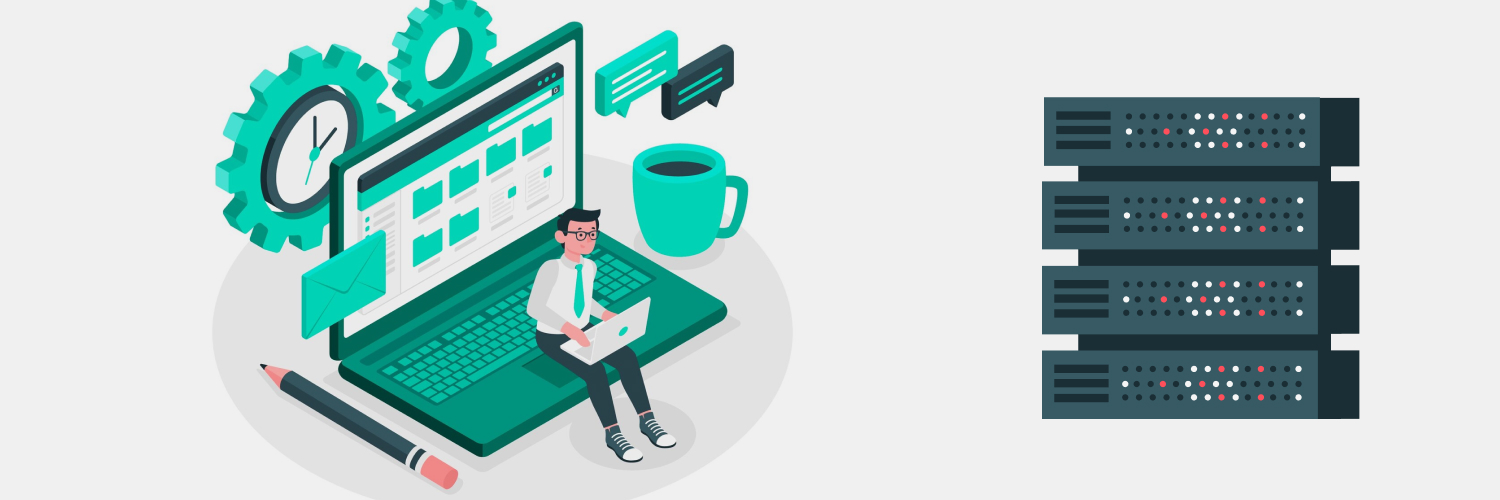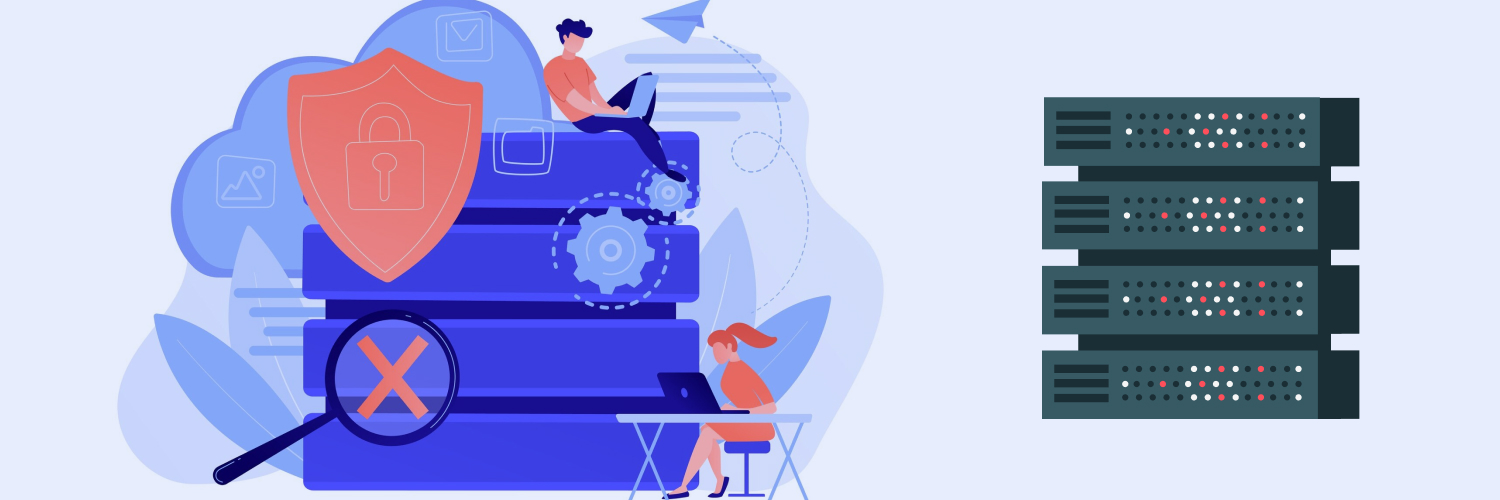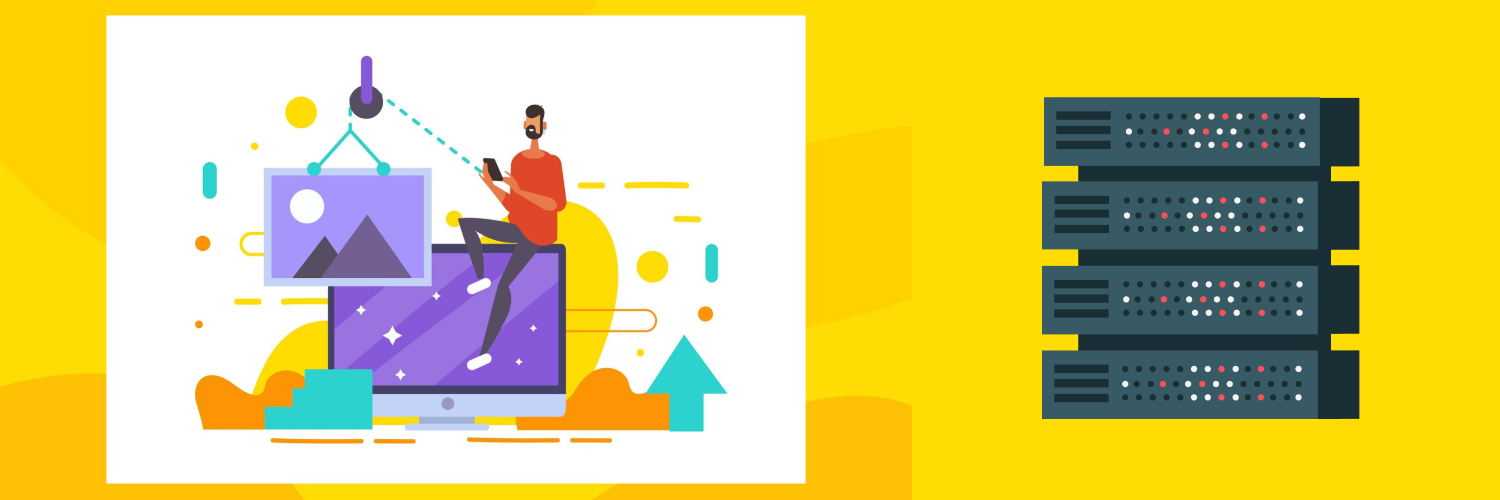IPv6 Proxy: What Is It And How It Stacks Up Against IPv4
Evolution is an inevitable part of existence. Without evolution, I would not have the vocabulary to write a blog or the means to publish that blog. Growing allows for positive change and the chance to build upon the things we already know and the things we wish we knew more about. But while it is easy to track the evolution of human beings, digital life can prove to be a bit convoluted. At times, it seems that technology can not possibly progress any further, that information can not be sent and seen any faster. But you would not be here reading this blog if that were the case. Technology is here for good, and since it has fully settled into the scenery of human life, we are honor-bound to the continued development of the digital landscape. What, then, does this advancement mean for proxies? Glad you asked.
In order to stay relevant, proxies must change along with the internet. As the internet grows larger, IPv4 addresses are getting replaced with IPv6. That is where IPv6 proxies come into play. In this blog, I will take you through just what an IPv6 proxy is, what it does, how it stacks up against old versions, and introduce you to the very best proxies available on the market. I would say we have all the time in the world, but who knows what human beings will look like in 50 years, so we better get started.
Table of Contents
What Is an IPv6 Proxy?

So, just what is an IPv6 proxy? The name comes from the latest version of IP addresses, IPv6. Although IPv6 addresses have been around for about a decade, their existence is far less known to the public than IPv4. Why is this? Well, IPv4 addresses are still available, so websites, developers, and ISPs are slow to adopt the updated version. Eventually, IPv6 will replace IPv4. This means that every new device will bear an IPv6 address. The main reason for the transition to IPv6 IP addresses is the scarcity of addresses. As more and more people use multiple devices at once, new computers, tablets, and phones need to be manufactured. The primary function of IPv6 is to allow for more unique TCP/IP address identifiers to be created, especially considering we’ve run out of the ones made with IPv4.
Just to give you a frame of reference, IPv4 addresses are 32 bits. By comparison, IPv6 addresses are 128 bits, meaning that they can support 2^128 addresses, which is 3.4 x 10^38. In simpler terms, there are a lot more IP addresses available with IPv6 than compared to IPv4. As the demand for IP addresses increases, the more we will have a need for available IP addresses. Especially true considering our pesky friend evolution. When you consider the sheer number of devices 1 single person has, the total amount of devices operating around the world is shocking.
All this background information leads us to the definition at hand, IPv6 proxies. An IPv6 web proxy is a proxy that uses an IPv6 address. In general, proxies are a fantastic way to hide your actual IP address and browse the internet incognito. Think of a proxy like a gateway between you and the internet. Every time you hop onto a website using a dedicated IPv6 proxy, you are allowing the proxy server to communicate to the internet on your behalf.
Where to Buy IPv6 Proxies

With so much talk about what an IPv6 proxy is and what it does, you might be wondering where you can buy cheap proxies online. That is where Rayobyte swoops in to save the day. At Rayobyte, we value high-quality products at a low cost. With 4 billion /64 level IPv6 proxies, finding what you need is easier than ever. IPv4 pricing has nothing on the cost-effective IPv6 proxy, rated at $0.20/ip/month. A full wallet and a massive stock of IP addresses? Sweet victory. Click here for even more information on these proxies.
Plus, if you buy your IPv6 from a reliable proxy provider you will be purchasing a high-quality, never-before-touched IP address. What does this mean? It means that you are the first person, and the only person, using the unique address. Purchasing a dedicated IPv6 offers you more security and saves you from having to share your proxy with anyone else. Private proxies are the best way to remain anonymous, without paying an arm and a leg in the process.
Best of all, our customer service team is ready and available 24/7. This means all your questions about IPv6 will be answered in a flash.
How to Configure IPv6 Proxies

Before setting up your new IPv6 you will want to make sure that your device is IPv6 enabled. Below you will see how to enable IPv6 if you have not already done so.
How to enable IPv6 on Windows
If you use a Windows device, start by going to the Notification Area of the computer and right-click on your Network icon. From there, choose “Open Network and Sharing Center.” On the left part of the window, click “Change adapter settings.” Right-click on the currently active network connection. Choose “Properties.” Look at the list under “This connection uses the following items” and click the checkbox next to “Internet Protocol Version 6 (TCP/IPv6).” Click “OK” and close everything.
How to enable IPv6 on Mac
To enable IPv6 on your Mac, start by going to the Apple menu and choosing “System Preferences.” From there, select “Network.” Choose either Wi-Fi or Ethernet, then select “Advanced.” From there, you can choose “TCP/IP.” A pop-up menu will appear to let you configure the IPv6 settings. Select “Manually” and enter the relevant information, including the IPv6 address, prefix length, and router address.
IPv6 tunneling
You can also use IPv6 tunneling to activate IPv6 on your device and connect to an IPv6 proxy. Tunneling is a method that lets you use your current IPv4 routing infrastructure with your IPv6 traffic. IPv6 tunneling lets businesses and other organizations use IPv6 addresses on their IPv4 routers and hosts, streamlining the transition to IPv6.
Once your device is configured, setting up your IPv6 is simple. Your proxy provider will give you all the information you need for a smooth transition. For more information about how to set up an IPv6 proxy, check out this article.
How to Use an IPv6 Proxy

Now that we have established what an IPv6 proxy is and how to configure your device to better suit one, you might be wondering why you need an IPv6 proxy in the first place. While there are a ton of different reasons to use an IPv6 proxy, I want to take a look at a few of the most popular ways to use this handy tool successfully.
An IPv6 proxy offers diverse use cases. This means you have the ability to use your proxy in a myriad of different ways. IPv6 IPs are a great choice for a full range of users, from those who are connecting to the internet at home to those who use it for work. While anyone with a computer will benefit from using a proxy, network engineers, tech companies, mobile carriers, and data centers will find this kind of proxy especially useful.
They are also extremely useful for managing social media accounts, SEO strategies, SERP tracking, and scraping. These proxies are especially suited to scraping because they allow you to quickly switch from project to project. Need proxies on the /64 level? You are covered. From search engines to social media, IPv6 proxies will establish you as a digital trailblazer. Juggling all the websites you visit and all of the projects you manage has never been easier than with an IPv6 proxy. The digital world is now yours to conquer.
As a bonus, the best proxy providers offer username:password authentication. This means that upon purchase, you will receive a unique username and password combination for each IP in your account, making your account safer and more secure. If you are not already using IPv6, I recommend you switch early and switch often. IPv6 proxies are the future and you will be on the front lines of that future.
What Is the Difference Between IPv4 and IPv6 Proxies?

The biggest difference between IPv4 vs. IPv6 is how the IP addresses are written and how many unique addresses exist. Let’s break down the numbers a little bit. IPv4 addresses are written in dotted decimal, but IPv6 addresses use hexadecimal. Hexadecimal numbers use 4 bits, so IPv6 addresses have 32 hexadecimal numbers. Each of those numbers is in a group of four with a total of eight groups, also known as blocks.
Like I mentioned earlier, the need for more IP addresses is growing. But the switch to IPv6 comes with other benefits. IPv6 tend to have faster speeds, routing efficiency, enhanced encryption, higher website conversion, improved insights for businesses, improved user experiences, global reachability, and stricter security.
Plus, if you are looking to reduce overall cost on IPs, an IPv6 proxy is the high-quality, low-cost tech for you. Once assigned IPv6 addresses from the /64 subnet, scraping the internet or managing multiple social media accounts is simple. And if you want to take your proxy even further, we offer IPs at the /56 and /48 subnet level. This makes for a safer, more powerful IPv6 experience. While an IPv4 proxy offers more diversity, an IPv6 proxy has a larger pool of addresses, just waiting to be retrieved by eager customers. If your use case requires a higher number of IPs, then the reason to buy proxies is crystal clear.
By configuring your computer, you will be all set to use one of your new dedicated IPv6 proxies. If you have any more questions about the differences between the 2 kinds of proxies, check out our page here.
Wrapping Up on IPv6 Proxies
Contrary to popular belief, I have been evolving since the day I was born. Yes, my humor is still a bit juvenile, but I can operate a motor vehicle and everything. No matter what we do, no matter the lengths we go to, evolution will catch up to us. For this reason, there is no reason to fight what the future holds for us. IPv6 is the future of IP addresses. Rather than avoid the coming tide, we should embrace it with open arms. And besides, you saw the benefits of an IPv6 proxy, how could one resist?
With the help of Rayobyte, you will have all you need to start using an IPv6 proxy today. Low cost and high-quality, our proxies are dedicated to providing you with fast speeds and diverse use cases. The more you use the internet, the more protected you will want to be. Security and anonymity are everything in this hyperconnected world. A private IPv6 proxy has you covered. Get ahead of the curve and grab hold of evolution with both hands.




